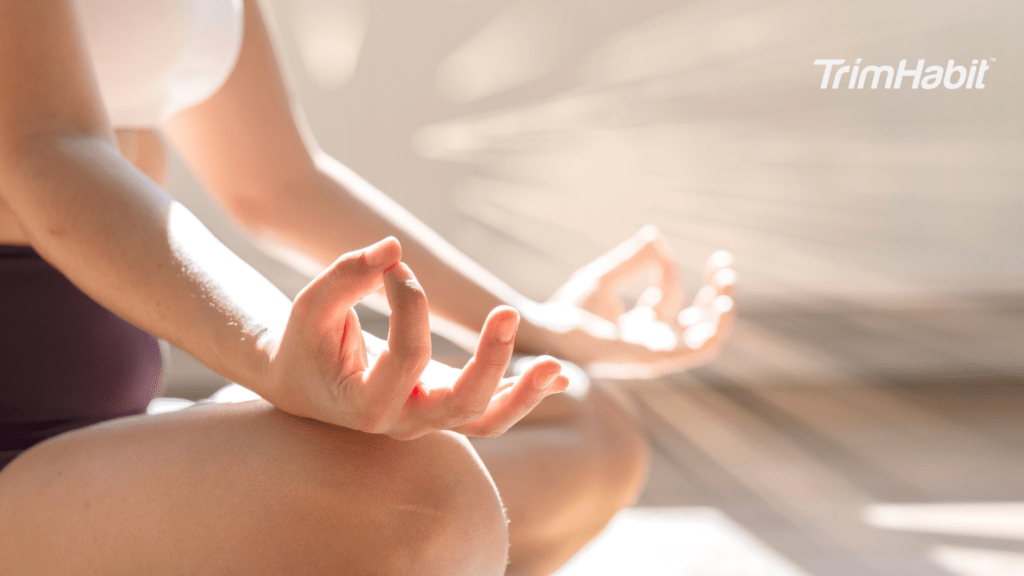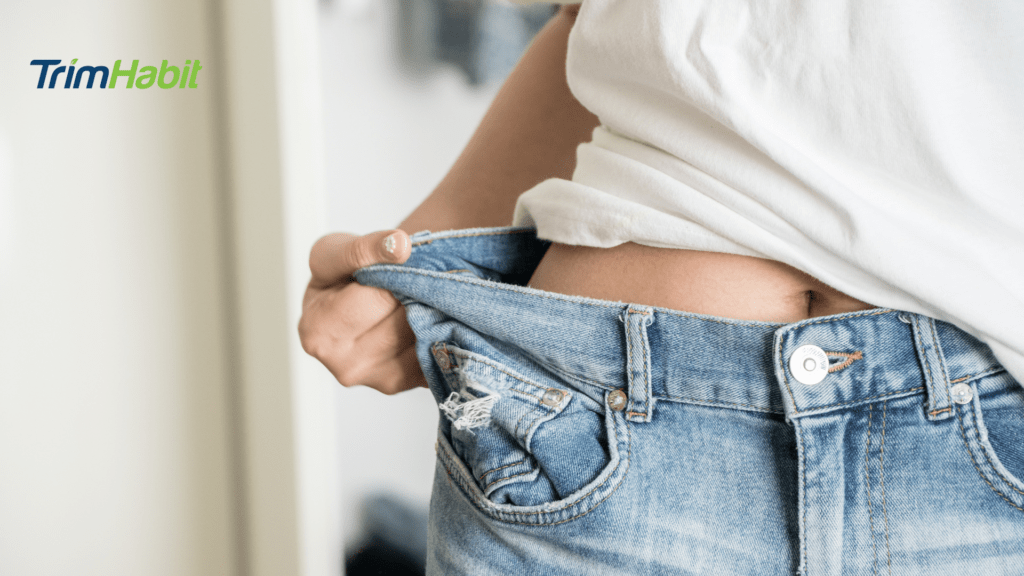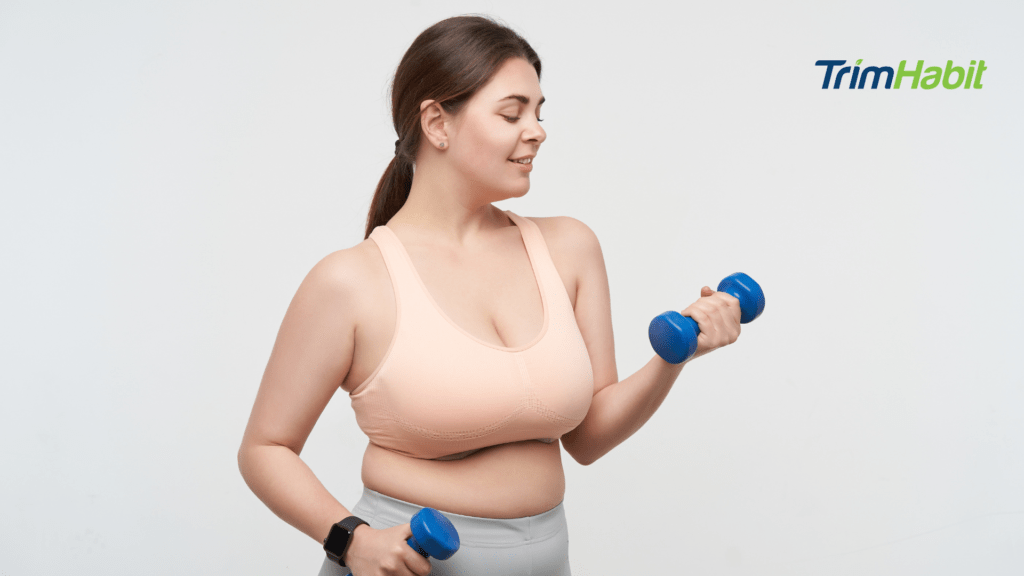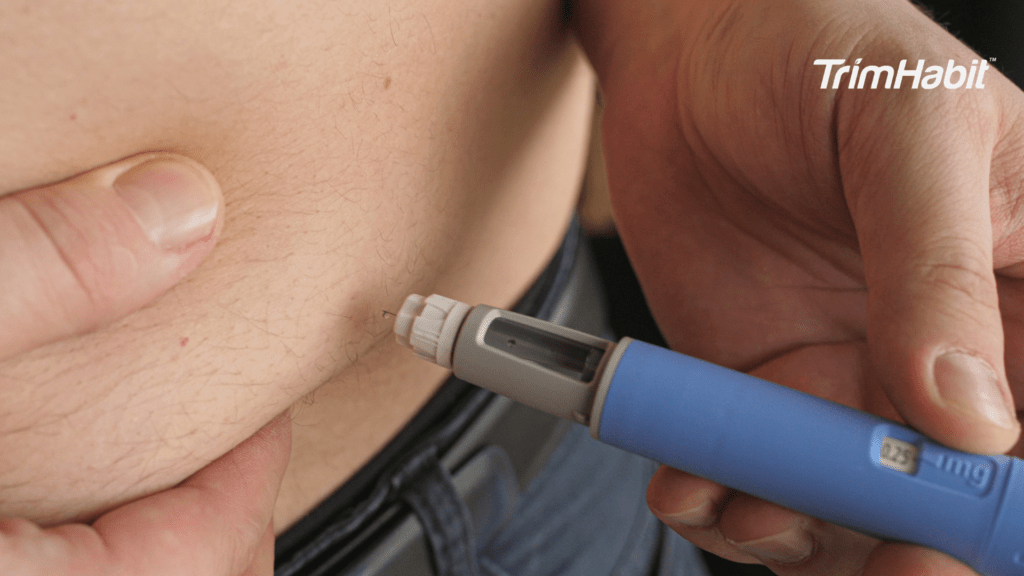Tanning is a popular way to relax, enjoy the sunshine and get some vitamin D. But ever ask the question, does tanning make you lose weight?
Surprisingly the answer is yes, tanning may burn calories just as you burn calories from sitting to lying down. Except, to be frank, won’t be quite a lot.
It should not be regarded as a high-calorie-burning activity. You still need to perform physical activities along with a healthy diet to help burn all the extra calories.
Tanning has been around for years but continues to be a favorite for a lot of people. Who doesn’t love a beach tan? Even more so if you could possibly shed some calories with it. But let’s check various tanning methods and if they help you burn calories to support weight loss.
What Is Tanning?
There are two types of UV rays. They are UVA and UVB. Your skin has three major layers which are the epidermis, dermis and subcutaneous tissue.
The epidermis is the top layer that you can see. Dermis is the second layer which contains mostly nerves, glands, and follicles. Lastly, your subcutaneous tissue is the third and final layer which is full of fatty tissues, veins, and arteries.
Tanning is a process where your skin’s pigment (melanin) increases in your skin after exposure to the sun leading to a light shade of bronze or brown effect. Tanning is your skin’s way of trying to protect itself from ultraviolet rays. Basically, it acts as a shield to your skin from the sun.
Additionally, there are a variety of techniques to tan your skin, including spray tans to tanning beds indoors or by the sun’s rays outside (a process known as sunbathing).
How Does Tanning Make You Lose Weight?
There are some studies that support the idea that tanning can help you lose weight because the sun’s rays may burn fat and speed up your metabolism.
Researchers discovered that the sun’s blue light interacts with fat cells, not its UV rays. In a University of Alberta study1, it was discovered that the sun’s blue light wavelengths, which is the light you can see with your eye, penetrates your skin and reaches the fat cells just beneath.
The effect was that the lipid droplets reduced in size and were released out of the cell. Essentially, your cells don’t store much fat.
Although, as promising as this discovery may sound, it is yet to be further explored.
In general, because you are not engaging in any specific physical activity to help burn those calories off, tanning alone does not allow you to speed up the process of burning fat. So even though you might burn some off, it won’t be enough to cause you to lose much weight.
1. Does Sunbathing Burn Calories?
Studies2 on animals and people suggest that ultraviolet light may also benefit metabolic health. This is the outcome of a new groundbreaking study that indicates that metabolic activity is modulated by exposure to UV wavelengths of sunlight.
But how many calories can you possibly burn when lying down sunbathing? Based on Harvard Health’s calories burned chart by activity, if you weigh 125 pounds and spend 30 minutes, just by “sitting in the sun” you’ll burn roughly 34 calories3.
If your average weight is greater, you can probably burn more calories. You can work out in the sun by walking around to increase the rate at which body fat is burned.
However, you should avoid too much sun exposure to lower the risk of getting its side effects.
2. Does Tanning Bed Burn Calories?
Indoor tanning has developed into an alternative to outdoor tanning, offering benefits that make getting on the tanning bed impossible to resist.
Even in the winter, with little sunshine exposure, brown skin can be easily achieved with tanning beds.
UV radiation from tanning beds interacts with your body’s chemistry to give you tanned skin. It does burn some calories because UV-R is used.
If you are wondering how many calories you may burn by lying in a tanning bed for an hour, then it will probably burn between 34 and 53 calories3. But again, this is not enough activity to burn off enough calories to lose weight.
Long-term effects from your UV exposure, though, could cost you far more. Therefore, prolonged sessions in the sunbed are not warranted in burning calories.
3. Do Calories Burn When Spray Tanning?
While using a spray tan lowers your risk of developing skin cancer, do they also burn any calories? In a way, yes.
When you engage in activities that demand some energy, you burn calories. In that sense, spray tanning would only result in a minimal amount of calorie burning.
Relationship Between Tanning, Metabolism and Calories
Tanning and Calories
When your body breaks down carbohydrates for energy, you burn calories. This is because your body needs energy for everything it does, even sleeping causes you to burn calories. If your body recognizes that more energy is required during an activity, you burn more calories.
Your basal metabolic rate (BMR) is the amount of energy you require to operate and keep your basic life functioning such as breathing, circulation, and digestion. It is the calories you need each day to maintain these functions at a resting state.
While it is technically true that even while laying in the hot sun stimulates calorie burning, the tanning part doesn’t burn the calories. It’s your BMR at work.
Additionally, less energy is required to maintain a warm, calm body, which results in lower calories burned. It has also been noted that living in warmer climates may have lower BMR than those living in colder climates, even after controlling your body size and composition4.
Now, when it comes to burning calories and sweating while sunbathing, as a response to regulating temperature, sweat is produced. But while exercising makes you sticky and hot because of the sweat, it requires a lot more energy from the body, which is why calories are burned.
Unfortunately, in this case, sunbathing won’t burn much calories no matter how much of a sweat you work up while you’re laying out.
Tanning and Metabolism
According to research5, exposure to UV light from the sun or a tanning bed speeds up your metabolism. As a result, more calories are burned when you sleep than when your metabolism is low.
You usually feel good after sitting in the sun or using a tanning bed since having a high metabolism can aid in weight loss and give you energy.
While it may sound like a simple way to enjoy and lose weight by lying in the sun, a safer and more effective approach is still eating healthy and exercising frequently.
What Are The Risks Of Tanning?
Even though tanning is easy to do and does offer external benefits, there are risks to it. Too much sun exposure will cause various diseases.
The UVA rays may make you tan, but they can also cause serious damage. This is because UVA rays penetrate deeper into your skin than UVB rays. UVA rays can go all the way through your skin’s protective epidermis to the dermis, where blood vessels and nerves are found. Thus, it is advisable to do tanning in moderation.
Some of these risks are:
Skin Cancer
There are two types of skin cancer – melanoma and non-melanoma.
- Melanoma – is less common but more deadly, and it is responsible for the majority of skin cancer-related fatalities each year. Melanoma is a type of cancer that starts in the melanin-producing epidermal cells (melanocytes). When found in its early stages, melanoma is almost usually treatable, according to the American Cancer Society (ACS).
- Non-melanomas – occur both within and outside the body in the basal or squamous cells near the base of the epidermis. Non-melanomas frequently form on the face, ears, neck, lips, and backs of hands, among other sun-exposed body parts.
Premature Aging
Premature aging is the effect of UV exposure without protection. It manifests as black patches and skin that is leathery and wrinkled.
Sun Burn
One of the most prominent symptoms of UV exposure and skin damage is sunburn, often known as erythema. Sunburn is a type of temporary skin damage that is frequently accompanied by redness and peeling (typically showing after a few days).
Sun Tan
Your skin’s transformation to a tan color due to an increase in the skin pigment melanin is a symptom of damage. Every time your skin color changes after sun exposure, you are at risk of developing sun-related ailments. The problem with this is that you most likely would ignore such future risks to a sun tan because you can’t see the side effects right away.
Key Takeaway
Like many other methods of weight loss, tanning by itself does not cause you to lose weight, but some factors may help. Although there are findings that tanning may have fat burning potential, it is insufficient to reduce considerable amounts of body fat or aid in weight loss. Overall, exercise and a healthy diet are still the best ways to lose weight.









